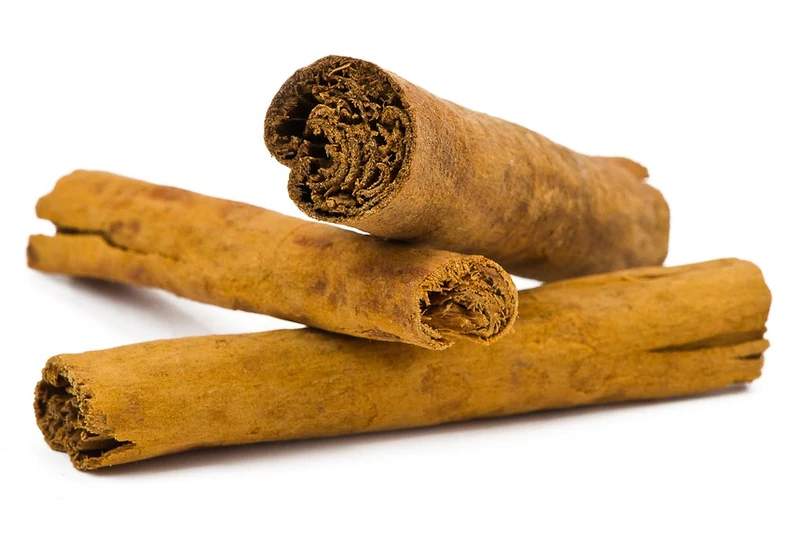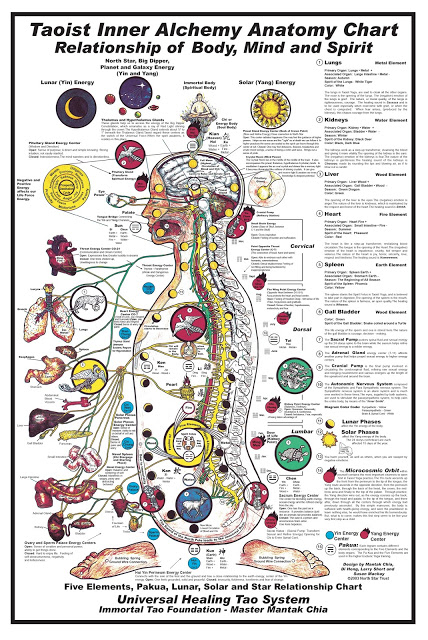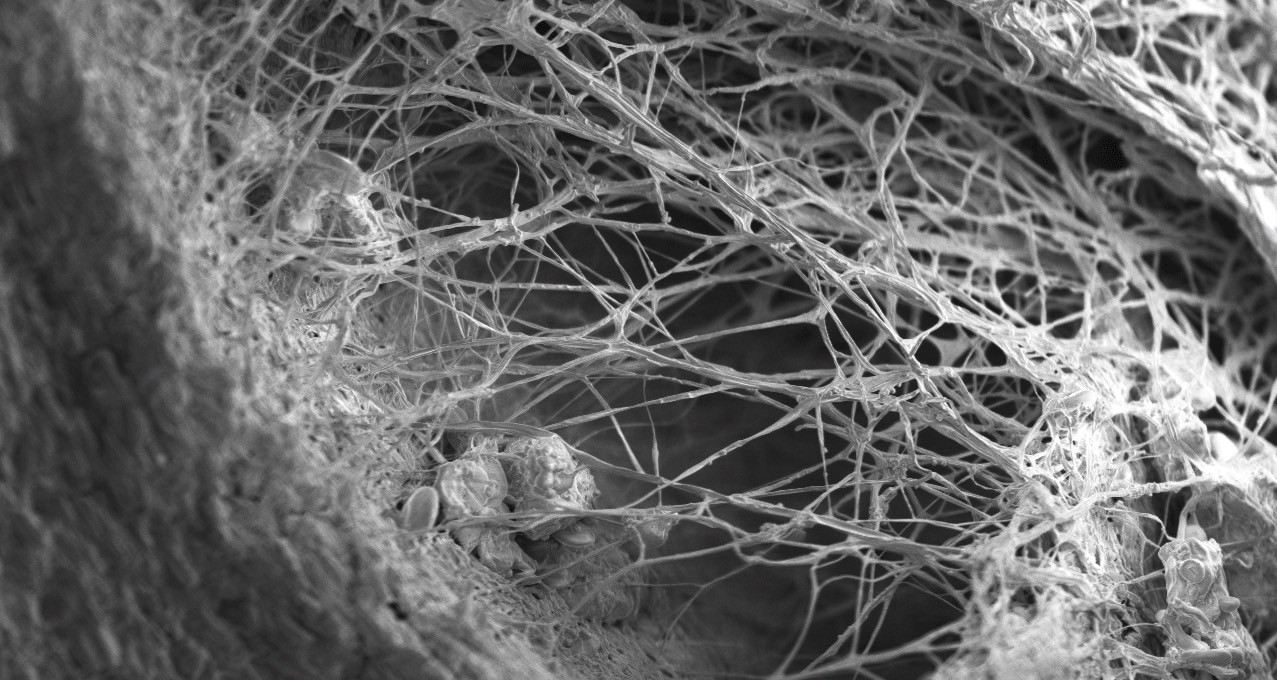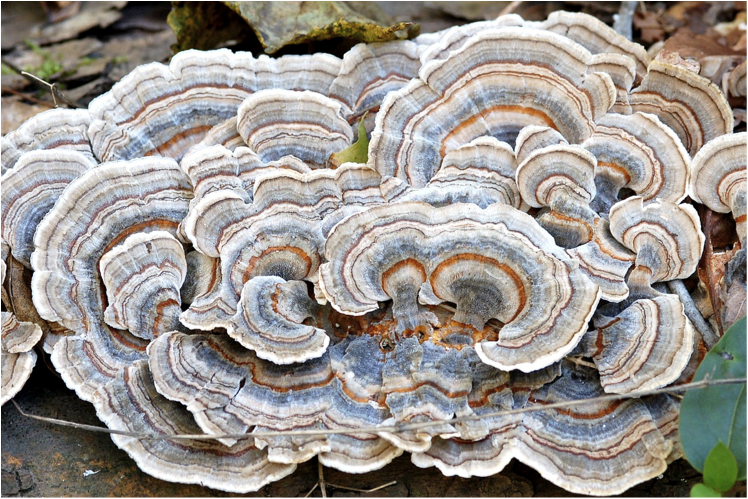Immunity Challenge Series Week 2:
Hey guys!
For this week i want to talk about my favorite immune boosting natural ingredients, as well as some practices that i recently came across for connecting to the peace and love we all have inside of us!
Natural Ingredient spotlight of the week:
Cinnamon

Recently my favorite spice to hit my morning coffee. And with good reason: https://www.healthline.com/nutrition/10-proven-benefits-of-cinnamon#section3
Cinnamon has powerful anti-inflammatory properties that make it a great addition to everybody's diet right now, as boosting immunity is also a matter of strengthening the body's natural defense mechanisms. Disease in the body is caused by inflammation, therefore, anti-inflammatories are generally a good idea.
I love putting cinnamon in coffee as i think it tastes great. The added health benefits is just a bonus. Did i mention it tastes great? Yup! Cinnamon revolution guys, put it in your coffee.
The inner smile practice by Mantak Chia:

This is something awesome that my friend recently told me about, and it's awesome guys. It’s called the inner smile practice, and it involves connecting to unconditional love, or the universal energy by smiling inwardly to our organs one by one. By doing so, we concentrate positive energy of love, joy and happiness which Mantak calls ‘white light’ into them and to heal our bodies from the inside. Beyond healing practicing this method daily allows for the soul-body reconnection which we can practice in order to provide our bodies with the loving awareness it needs to stay healthy. After doing this for 3 days in a row now i appreciate and understand the value this brings, as focusing on the never-ending cascade of stimuli can easily distract us from our housekeeping responsibilities. Watch this next video for a talk-through and step by step guide to the inner smile practice:
He talks about how these days we all tend to focus outside of our bodies because of the crazy world we live in, often forgetting to take the time to rest and give our body the conscious loving attention that it needs. After trying this, i was amazed at the benefits, which were pretty instantaneous. It’s super easy to do and just involved consciously placing your awareness on each of your organs, while picturing ‘a brilliant white light’ ‘purple light’ or ‘blooming white flower’ on your organs as you smile towards them. You instantly feel relaxed and refreshed. The order can vary from the videos i’ve seen, but the following one is my favorite. Warning, Mantak does a weird burp thing roughly half through the video, but apart from that the lecture is quite educational and inspiring:
Mantak compares this to helping the army that lives in your body, that if cared for properly, will fight and die for you. In essence this practice boosts the efficiency of organ function, allowing for smooth operation and therefore wellness to thrive. The red blood cells (the carriers of oxygen in the body) and white blood cells (the soldiers) in the body are trained by the inner smile practice, by boosting the health of organs, bone marrow and lymph nodes (training camps), that play a critical role in regulating our immune system. I love how he makes it super easy to understand, and how he says “you don’t have to be a holly man, you just have to feel joy, love, and happiness”. It's a simple yet powerful concept to remind us of the power of our consciousness, that we can choose to direct it at will towards health and warmth and wellness if we so choose to. This is very empowering and by fostering a balance of love and hate in our lives, we can use this practice to grow our energy supply. Like Mantak says, hate and negative emotions grow like weeds, love however, is like a flower that must be nurtured and cared for with loving awareness, to bloom into something beautiful.
The amazing world of mushrooms:
Guys. this is the one i'm most excited about. Think bigger than just mushrooms, i'm talking planetary revolution. Mushrooms are so underrated, and under the radar compared to the actual ecosystem services and value they provide everyone on a daily basis. Take the time to watch the videos i've linked throughout to get an idea of how they all fit in together. Mushrooms are a form of life, to which humans are not detached. Evolution was from its inception all-inclusive, we just branched out. Along the way countless R&D genius innovations have been developed, yet to be discovered by the analytic lens of science. Mycoryzhal fungi are a network-like living organism that connects and feeds other organisms in a bottom-up fashion, beyond this they exhibit fascinating qualities in their rate of growth and immune boosting qualities found in different varieties of fungi from around the world. Mycelium have been called in recent times the internet of the Earth, with the ability to transfer data similarly to human beings, albeit in natural form.

The ability to adapt to change is called Epigenesis. Here is the definition from wikipedia:
“In biology, epigenesis is the process by which plants, animals and fungi develop from a seed, spore or egg through a sequence of steps in which cells differentiate and organs form.”
I'm fascinated by the concept of adapting to change in a sustainable way. Well from what i gather from Paul Stamets, mycelium is our top contender for mentor position when it comes to epigenesis.
Paul Stamets who is a Mycologist, yes that's an actual job. Mushroom grower turned fungi evangelist spreading the benefits of mycoryzha to the world. His hat is made of mushrooms. Yes, mushroom leather exists. He was growing mushrooms in his garden when he discovered that bees were attracted to them. When he looked deeper into this fascinating discovery, he discovered that fungi played an integral part of bee health in the wild, where they are constantly in contact with fungi in hollow trunks etc, and that in artificial bee hives they lose this contact with fungi. This has an effect on the immune system health of the bees, making them more susceptible to viral infections or disease. It turns out the absence of mushrooms in the lives of bees is dangerous for them, as they fly from farm to farm accumulating toxins from pesticides galore, they lack something called "p-coumaric acid", derived from mycelium that turns off their immune system.
We have several skin layers to protect us from infection, the mycelium has 1 and it achieved the largest mass of any organism in the world. Based on a network-like design, the mycelium selects beneficial bacteria to work in concert with and create and transport nutrients along its grid-like structure. Fungi or mycelium is one of the few organisms that actually benefits from disruption by reforming nuclei at the intersections of the mycelium structure, which are like highways of data and nutrients. Watch his fascinating lecture on how mushrooms are saving lives, both human and bee:
Above 90% of all plants have mycorrhizal fungi and it has been determined that the network of fungi (called the mycorrhizal network) communicates across landscapes and in between plants. Through his research, he has discovered that the mycorrhizal network is the foundation of the global food web, and that all animals, including bees depend on the health of this network, fundamentally. Paul has discovered that feeding bees mycelium actually helps them stay healthy, which could play an important role today as bee colony collapse from pesticides and other human-related causes has become a worrying stressor on environmental security.
650 million years ago we split from fungi, we share more common ancestors with fungi than we do with any other kingdom. ‘Using the epigenetic properties of mycelium is the future of medicine’, says Paul Stamets, who wears an Amadou mushroom hat made of celular fabric called mycelium. He is an expert on mushrooms who talks about how the natural world is way more influenced by fungi than we previously believed. The biosecurity of our planet depends on the biodiversity of the planet, because diversity is resilence.
"The largest organism in the world is a mycelial map 2200 acres in size, over 2000 years old, and is 1 cell wall thick, surrounded by hundreds of millions of microbes per gram of soil" Paul Stamets
Moreover, just like how humans have a microbiome inside of us in the form of a stomach and digestive system, the mycelium has a microbiome that is external rather than internal, and it works together with the bacteria exchanging nutrients and information. I find this totally fascinating and absolutely ground-breaking, not only in the architectural shape which has macro similarities to the internet of things, but how this network is in itself alive and able to adapt to change in ways we have yet to fully understand. Perhaps mycelium poses as the potential future teacher of humanity in its epigenetic qualities.
More than 70% of modern medicine comes from plants. From watching his lecture i learned about 4 medicinal fungi species that have powerful immune boosting properties that I will definitely be looking into :
- Amadou (his hat is made of this one)
- Chaga, Inonotus obliquus (a.k.a the King of mushrooms)
- Red Reishi, Ganoderma resinaceum
- Turkey Tail (used to treat cancer patients)

"Reishi, Chaga & Amadou are the predominant Polypore Mushrooms in Birch forests Worldwide". According to this, these super-health boosting shrooms need not be an expensive food supplement reserved for the rich. Just go for a hike in a Birch forest, chances are you'll run into one of these super foods!
In an experiment conducted with virus infected bees treated with mushroom mycelium extract in a sugar control test, amazing results were observed. The bees taking sips with the mushroom mycelium extract of the above listed mushrooms, displayed huge reductions in infection rates. He also discovered that bears play an important role in the life of mushrooms, by scratching trees and creating a place for fungi spores to land and develop on. This played an important role in regulating tree growth, as bears provided the trees with nutrients via the mushroom spores developing into mycelium and also from salmon carcasses that returned sea phosphorus from the ocean into the roots of the trees. Unfortunately for Americans, they put a bounty on bears because they thought bears were destroying trees for some reason, and now that the bears are dead, there is a missing link in the natural ecosystem. These missing links are becoming increasingly apparent, as humans unwittingly interfere with mother nature, countless ecosystem services are disrupted or even lost to the effects of human interference. With unknown consequences, we should all take a minute to be grateful for the natural equilibrium which exists and has the ability to adapt and sustain itself, lest we forget the key role each in every species plays in its own unique way.
Here’s Paul Stamets websites and twitter handle:
I think this is also one of his websites: https://fungi.com/
Guys i really feel like this is a breadcrumb trail of galactic proportions. Mushrooms and bees. Immunity of the biosphere. Keystone protective species and ecosystem services. Medicinal value and ecosystem-level biomimicry. These are the stepping stones on which we will travel on our way to sustainable living on this planet. Food for thought, food for progress and health. Food for life on Earth. I feel like this is not the end of my mushroom and bee journey, not for me or for the world at large. Far from it, as our understanding of the interconnectedness to these keystone species deepens, we will inevitably include them more and more into our lives, either by design or by inter-industry applications. My intuition tells me our history is intertwined with the wonderful world of mushrooms, and that the shamans and ancestors of old revered these organisms for good reason. They knew of the healing qualities mycelium possessed, and think of the variety of mushrooms that exist, in the thousands, and what of the species we have not yet discovered? What secrets do they behold? For now, however, what matters is saving the bees, and mushrooms stand as our best chance of saving them by boosting their immunity to viruses. Beyond their trillions of dollars worth of ecosystem services, these species represent untold interspecies value that uphold the biosphere as a whole, and we cannot live without them, they must be protected. We could always also stop destroying forests and polluting the air with dangerous chemicals, but that seems like the less likely development. Also, If mushrooms can help boost bee immunity to viruses and disease, maybe they can for us too?

Stay sustainable y'all.
Love,
Dizzybee
@trucklife-family here, what a wonderful pot full of such important knowledge. The inner smile practice, I will have to look into that more and start to practice it. I am such a huge fan of Paul Stamets and everything fungi they are such healing and transformative organisms. I really really loved this post and agree wholeheartedly. Thank you.

Thank you so much! Yes the inner smile practice was definitely new to me, but i must say its totally worth a try! It's really easy to do and its quite nice and entertaining to follow along in Mantaks walkthroughs. I also find it quite great that this is an ancient Tao practice dating back thousands of years, and even back then they knew how to channel positive energy for immune system health, fascinating! Oh man i was also so glad to discover Paul Stamets, what a treasure trove of knowledge that guy has! I checked out his website to try to buy some of his 7-mushroom blend supplements but it was all sold out :( I might try to go hiking to find some in the forest! Thanks again, I appreciate it.
So good we're commenting twice - @riverflows here! The fact that Stamet's hat was made of mushrooms really, really tickles me. Mushrooms and bees - can you get much cooler than that, and both often overlooked? It makes me wish it was mushroom season!! A beautiful, passionate and enthusiastic post - thanks soooo much for writing it!!!!
Yay thank you! I know right! Where can i buy a mushroom hat?! Btw I meant to post this to the naturalmedicine page for the challenge by using the tag at the bottom, but i realized later that it posted to my blog. I tried editing the tags to put NM first, but it didn't budge. Maybe i should re-post it there? I hope it can still be considered for the challenge! Thanks again for the nice words!